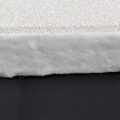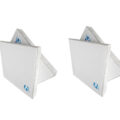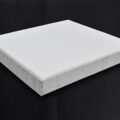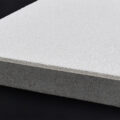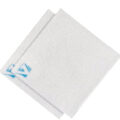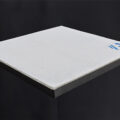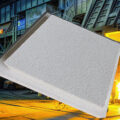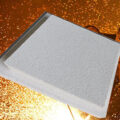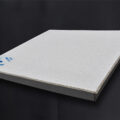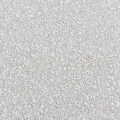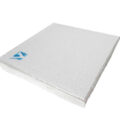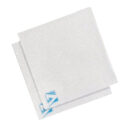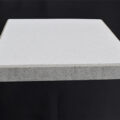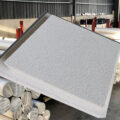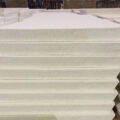Ceramic Filter Aluminum Jakarta can effectively purify liquid cast Aluminum alloy by removing the defects of non-metallic inclusions in molten Aluminum, increasing the mechanical properties of Aluminum bars and ingot, and adversely affecting the processing properties and appearance. Ceramic foam filter molten metal filtration is widely used in aluminum bar, aluminum ingot production field.
Even the slightest nonmetallic impurity in molten metal can have a profound effect on the properties and strength of finished metal products.
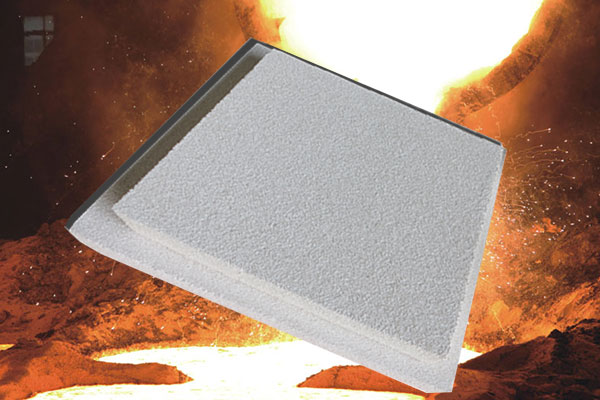
Ceramic foam filters (CFFs) have been widely used for filtering impurities out of molten aluminium in cast houses. Molten Metal Filtration is a necessary step to optimize metal quality and downstream finished products. Inclusions can originate from a variety of sources during the production process, including surface oxide films, eroded furnace refractories and insoluble impurities like carbides.
This may lead to the final product does not meet the required quality standards, so it is necessary to use Ceramic Filter Aluminum Jakarta to remove these impurities and make sure high quality casting plays an important role.
Indonesian President Joko idodo has been aggressively increasing his country’s aluminium production. Taking into account the current production of 250,000 tons, the focus is on annual production of 1.5 to 2 million tons by 2025. The government is seeking to enable manufacturers to adapt to growing demand in export markets.
From 2017 to 2019, 35,017 tons of aluminum rods were imported and $108.7 million has been paid abroad.
The projected imports of aluminium rod rods in 2020 are 11,795 tonnes, plus 46,812 tonnes in 2017-19. Imports of aluminium rod rods are expected to be $48.53 million by 2020, adding the 2017-19 year to a total of $157.23 million.
In 2017, Indonesia imported 7,276 tons of aluminum rods and wires. In 2018, the import volume increased by 131.99% to 16,880 tons, an increase of 9,604 tons. Imports jumped by $22.73 million to $45.35 million from $22.62 million the previous year.
Imports of aluminum rods dropped 35 percent in 2019 to 10,861 tons, down 6,019 tons from 16,880 tons the year before.

